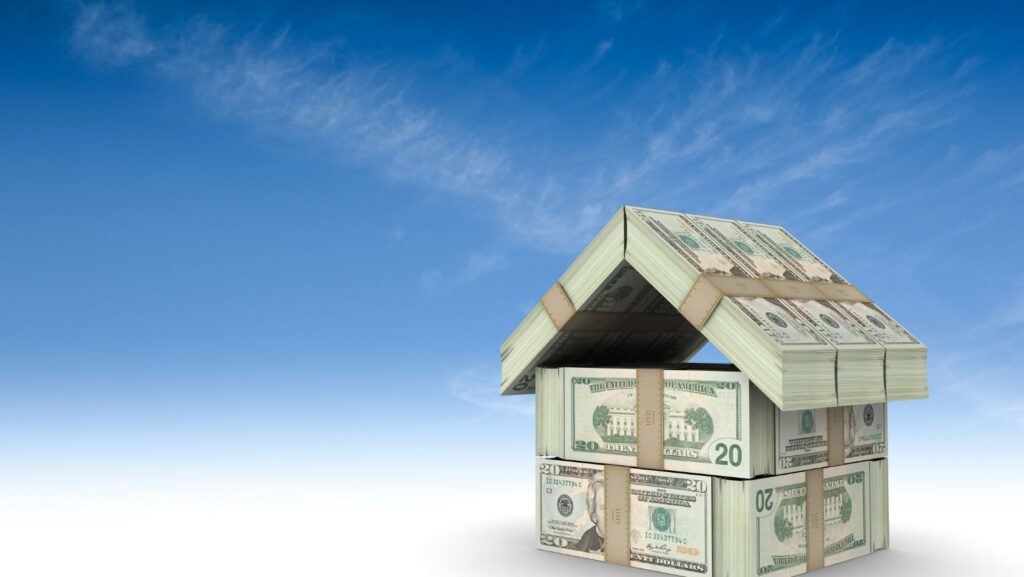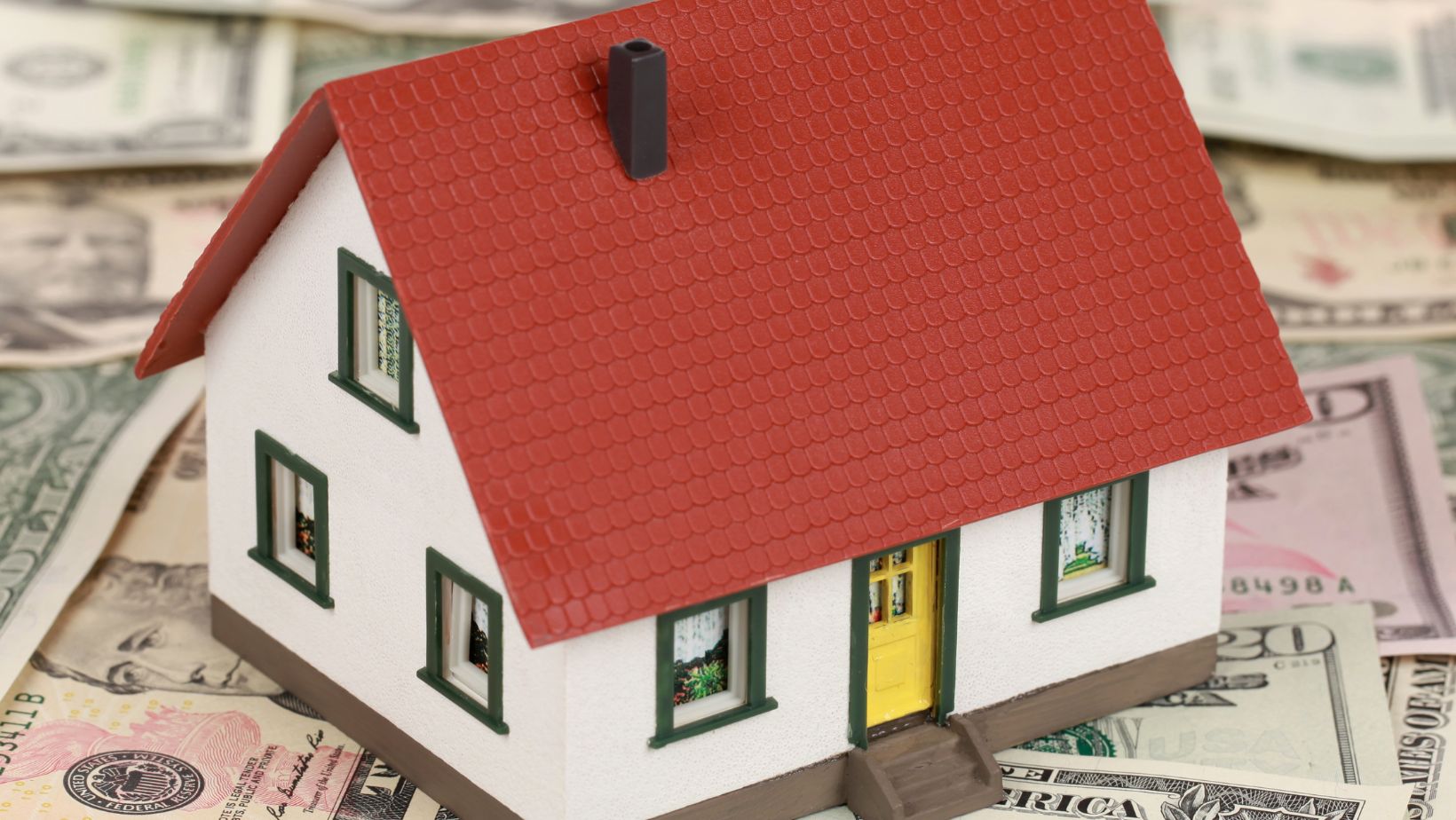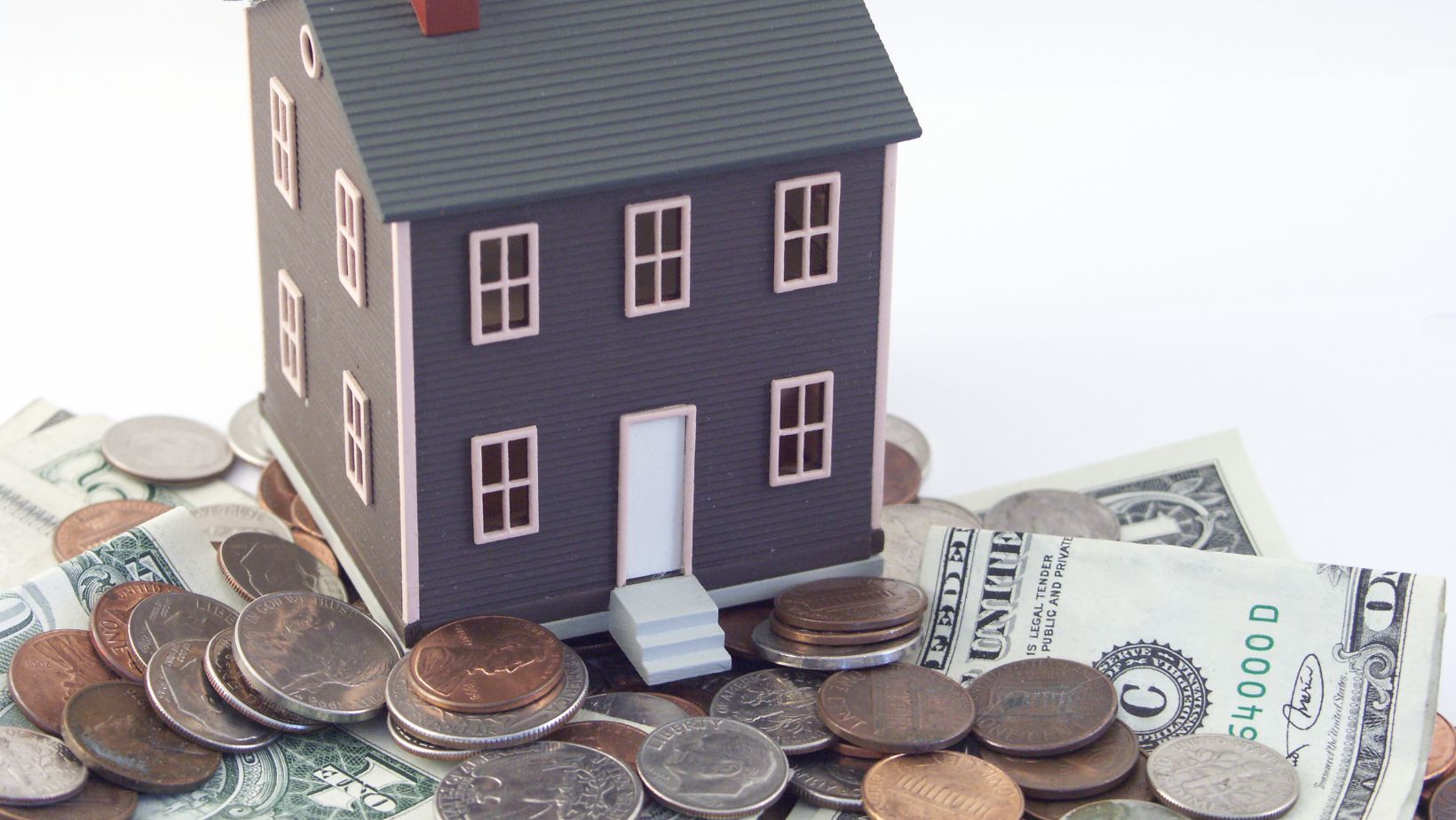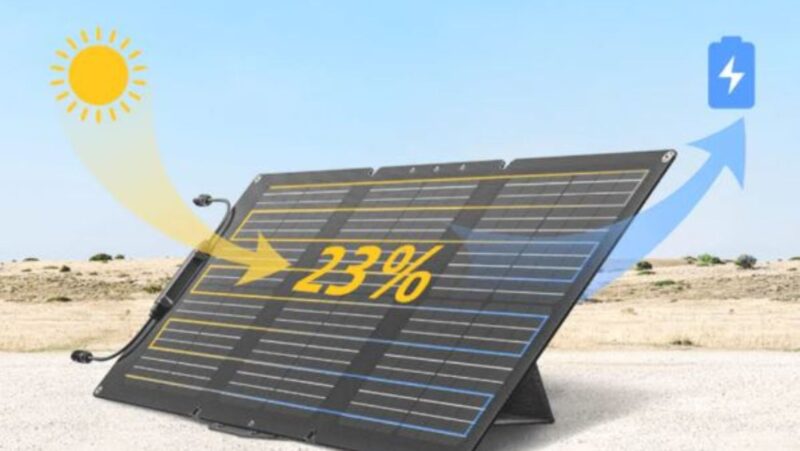
Investing in a home is one of the most significant financial decisions most people will make in their lifetime. However, owning a home is not just about having a place to live; it can also be a powerful tool for building long-term wealth. By making smart financial decisions and investing in your property, you can significantly increase its value over time, building equity that can serve as a financial cushion or provide funds for future investments. This article will explore strategies to help you turn your home into a long-term investment by building equity.
Understanding Equity: The Foundation of Your Investment
Before diving into the strategies for building equity, it’s essential to understand what equity is and how it works. Equity is the difference between the market value of your home and the amount you owe on your mortgage. For example, if your home is valued at $300,000 and you owe $200,000 on your mortgage, your equity in the home is $100,000.
Building equity is a gradual process that can be accelerated through various means, such as paying down your mortgage or increasing your home’s value through strategic improvements. The more equity you have, the more financial leverage you gain, giving you access to options like refinancing, taking out a home equity loan, or selling your home for a profit.
Make Larger or Extra Mortgage Payments
One of the most straightforward ways to build equity in your home is by making larger or extra mortgage payments. By paying more than the minimum required each month, you reduce the principal balance faster, which in turn increases your equity. For instance, if you receive a work bonus or tax refund, consider putting that extra money toward your mortgage.

Additionally, some homeowners choose to make biweekly mortgage payments instead of monthly. This approach results in 26 payments per year, which is equivalent to 13 monthly payments. This extra payment can shave years off your mortgage term and save you thousands in interest while simultaneously building equity faster.
Strategic Home Improvements
Another effective way to build equity is through strategic home improvements that increase the value of your property. Not all home improvements offer the same return on investment, so it’s essential to choose projects that will add significant value. Kitchens and bathrooms are often the best places to start, as renovations in these areas tend to yield the highest returns.
However, even smaller projects like updating fixtures, adding energy-efficient windows, or enhancing curb appeal can make a noticeable difference in your home’s value. Before embarking on any renovation, it’s wise to research which projects offer the best return in your specific area and consult with a real estate professional if needed.
The Power of Refinancing
Refinancing your mortgage is another strategy to build equity, especially if interest rates have dropped since you initially took out your loan. By refinancing to a lower interest rate, you can reduce your monthly payments, allowing you to allocate more funds toward the principal. Alternatively, you could refinance to a shorter loan term, which increases your monthly payments but reduces the total interest paid over the life of the loan, helping you build equity faster.
It’s important to note that refinancing comes with its own set of costs, so you’ll need to weigh the potential savings against the expenses. However, if done correctly, refinancing can be a powerful tool to accelerate equity building.
Maintaining Your Property
Regular maintenance is crucial for preserving and enhancing your home’s value. Neglecting routine maintenance can lead to costly repairs down the road and potentially decrease your property’s value. Simple tasks like cleaning gutters, servicing HVAC systems, and inspecting the roof can prevent small issues from becoming significant problems.
Additionally, keeping up with landscaping and ensuring that your home’s exterior remains in good condition can positively impact your property’s curb appeal and overall value. A well-maintained home is more likely to appreciate in value, contributing to the growth of your equity.
Smart Financial Planning: Leveraging Your Equity Wisely
As you build equity, you’ll have opportunities to leverage it for other financial goals. One common option is taking out a home equity loan or line of credit (HELOC), which allows you to borrow against the equity you’ve built. These funds can be used for various purposes, such as home improvements, paying off high-interest debt, or even investing in another property.
However, it’s crucial to use your equity wisely. Borrowing against your home’s equity increases your overall debt and can put your home at risk if you cannot make payments. Therefore, it’s essential to have a solid financial plan in place and ensure that any borrowing aligns with your long-term financial goals.
When considering your options, remember that the money needed for a down payment can vary based on the loan you’re looking into. This variability can impact your financial planning, especially if you’re thinking about investing in additional properties. Understanding these nuances will help you make informed decisions that align with your investment strategy.
Building Equity: Your Long-Term Commitment to Rewarding Outcomes
Building equity in your home is a long-term commitment that requires careful planning, smart financial decisions, and ongoing maintenance. By paying down your mortgage, making strategic home improvements, considering refinancing options, and maintaining your property, you can significantly increase your home’s value and build substantial equity over time.
This equity can serve as a valuable financial resource, providing you with the flexibility to pursue other investments, improve your home further, or simply enjoy the peace of mind that comes with financial security. By viewing your home as not just a place to live but as a long-term investment, you set the stage for a more prosperous financial future.











